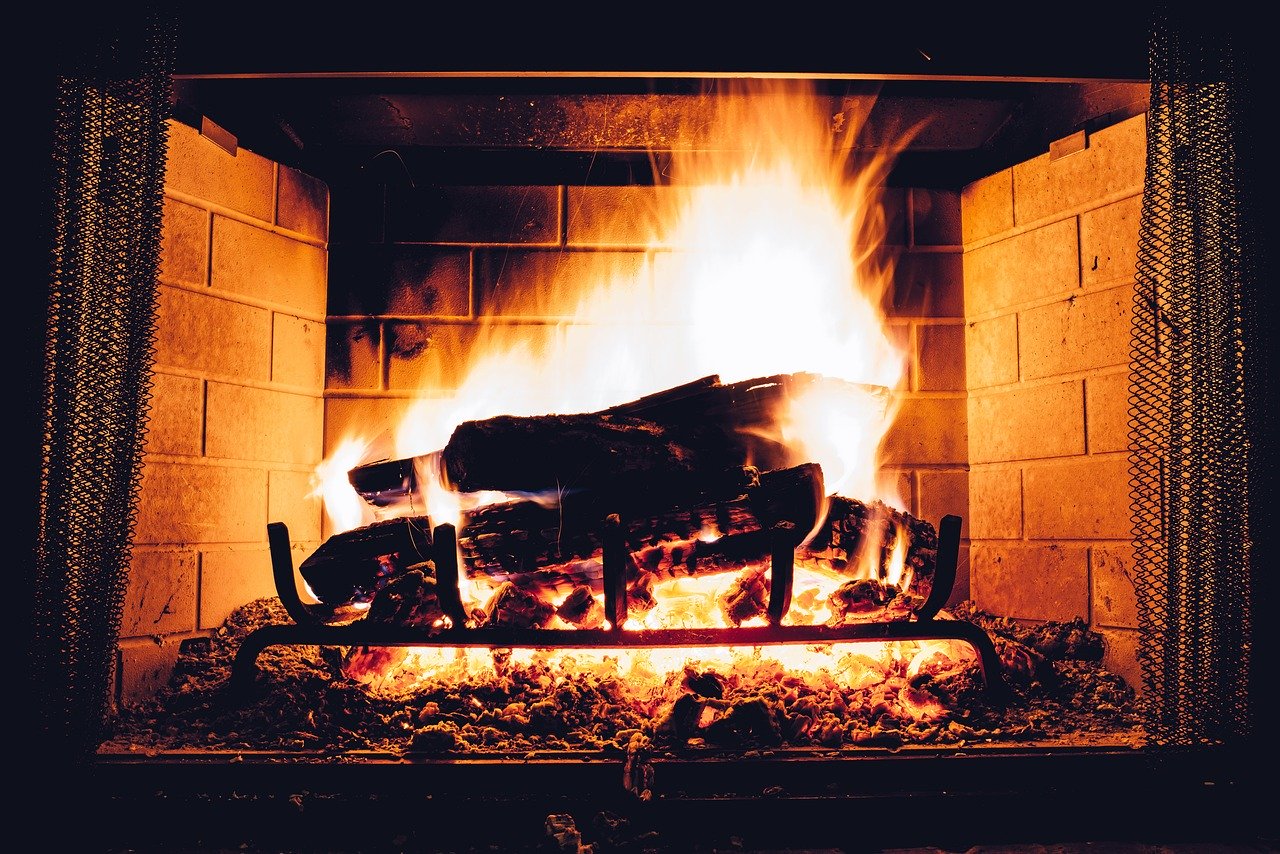Most people do not give the furnace or boiler in their homes a second thought. If they keep the house warm and provide hot water, then everything is fine.
Understanding how these home heating systems function is an opportunity to improve your home. Furnaces and boilers come with advantages and disadvantages and finding the right system can reduce your home energy costs.
Boiler vs. Furnace Energy Efficiency
The first and most important factor of energy efficiency is the age of the furnace or boiler in question. An older furnace or boiler is only efficient within the 56% to 70% range. By comparison, modern heating systems can boast energy efficiency as high as 98.5%. An efficiency rating that high means almost all of the fuel you buy goes into providing heat for your home. With a more efficient system, you receive the same level of heat with less fuel. This means you spend less on heating and hot water while also reducing your carbon footprint. If you have a gas-based system and you upgrade an older 56% efficient system into a 90% efficient system, then you produce 1.5 tons less of carbon dioxide every year. With an oil-based system, this number goes from 1.5 tons to 2.5 tons.
One of the easiest ways to improve your energy efficiency is to look at the different types of boiler and furnace that are available. One of the easiest upgrades that you can make is to switch a gas furnace that uses a pilot light into one that has an electronic ignition system instead.
Boiler and furnace energy efficiency are measured by an annual fuel utilization efficiency (AFUE). If a furnace has an AFUE of 80 then it converts 80% of all fuel consumed into heat while the other 20% is lost.
A unit that has an AFUE of, say 70, converts 70% of its fuel to heat. The other 30% is lost. The federal government dictates that gas- and oil-powered furnaces can’t have an AFUE rating of lower than 78%. High-efficiency furnace models must have AFUE ratings of 85% or higher. Certain systems have an inherently better AFUE than others. A steam boiler with gas fuel has a minimum AFUE of 80 while a steam boiler with oil fuel has a minimum AFUE of 82.
Boiler vs. Furnace Maintenance
Maintaining boiler and furnace efficiency is a matter of proper maintenance. This means that your AFUE rating will decrease and you will lose money if you never take care of your heating system.
All systems require:
- Keep an eye on your vent connection pipe and chimney. A problem in this area might mean that you need to install new equipment that does not utilise the existing chimney.
- Check your heat exchanger.
- Adjust your furnace or your boiler control settings to make sure they have been optimised for your heating requirements.
- When replacing or retrofitting your existing system, have a combustion-efficiency test performed by a technician.
Forced air systems require:
- Inspecting the combustion chamber for cracks.
- Carbon monoxide tests.
- Adjustments to the blower control and the temperate of the supply-air.
- The blower requires regular cleaning and oiling.
- The boiler’s surface should be cleaned to remove dirt, soot or corrosion.
- The fuel input and flame characteristics should be regularly checked.
- The connections between the furnace and the main ducts must be thoroughly sealed.
Hot water systems require:
- Tests of the pressure-relief valve.
- Tests for high-limit control.
- Regular pressure tank inspections, it must always be filled with air only.
- The heat exchanger should be cleaned.
Steam systems require:
- Draining a little water in order to remove silt and to improve the efficiency of the heat exchange.
- Testing of the high-limit safety control and the low-water cut-off safety control.
- Preventing clogging by draining the float chamber to remove sediment.
- Water analysis and adjustment by adding necessary chemicals to prevent corrosion and deposit build-up.
- Heat exchanger cleaning.
In the end, the energy efficiency of your home heating system will save or cost you a lot of money. Even if you do not normally think about your furnace or boiler often, it is important to know whether or not it is running properly. Without maintenance, you will quickly find that even a modern boiler or furnace will become much more expensive to operate. If you are interested in finding out how you can improve your home heating system, click this link to find out more.
